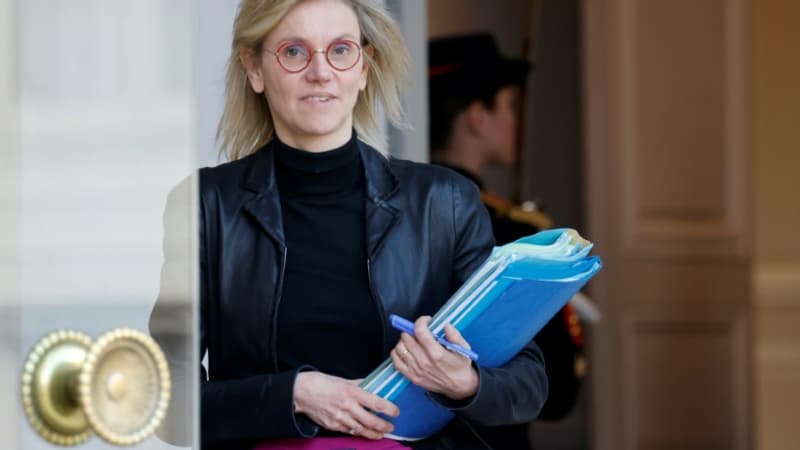Eleven EU countries, led by France, affirmed on Tuesday their desire to “strengthen European cooperation” in nuclear energy to develop “new projects”, insisting on the role of the atom in the decarbonisation of the economy.
“Nuclear power is one of many tools to achieve our climate goals, generate base-load electricity and ensure security of supply,” these countries say in a joint statement signed on the sidelines of the meeting of European energy ministers in Stockholm. The 11 States (France, Bulgaria, Croatia, the Czech Republic, Hungary, Finland, the Netherlands, Poland, Romania, Slovakia, Slovenia) agree to “support new” nuclear projects, based in particular “on innovative technologies” in addition to “the operation of existing power plants”.
The text provides for joint training projects, “opportunities for greater scientific cooperation” and the “coordinated deployment of best security practices.” The office of the French Minister for the Energy Transition, Agnès Pannier-Runacher, had announced before the meeting the objective of “creating a nuclear alliance (…) and sending a strong signal in the different European negotiations.” In particular, Paris wants to use the atom to achieve its climate goals in terms of “green” hydrogen in transport and industry, which is fiercely opposed by several states, including Germany and Spain.
Europe divided into nuclear
As part of a reform of the European electricity market, France also recommends long-term contracts at guaranteed prices, including for the benefit of nuclear production, which Berlin refuses. “Nuclear energy represents 25% of our European electricity production, emits less carbon than wind energy and photovoltaic energy”, Agnès Pannier-Runacher stressed on Monday, who sees it as a “complementary” tool to renewables “to achieve the carbon neutrality” that the EU seeks in 2050 “We must join forces” to innovate and “develop new facilities”, he pleaded. “The United States, the United Kingdom, South Korea, China, India and even Japan are looking at nuclear power as an important means of decarbonizing their economies. We must be on an equal footing, ”she stressed.
Warsaw and Prague welcomed this “alliance” project on Monday, although this term was not retained in the final declaration. “Renewables can be unstable. Low-carbon, stable and sustainable energy is needed: we only know of one, nuclear,” observed Czech minister Jozef Sikela. The Swedish EU presidency has been accommodating: “we respect that states choose different solutions for their transition, with the aim of dispensing with fossil fuels,” said Minister Ebba Busch.
On the contrary, Germany, Austria and Luxembourg, on the contrary, reaffirmed in Stockholm their hostility towards the development of the atom in Europe. “To win the race against climate change, we have to be fast. New nuclear power plants take 15 years to build, two to three times more expensive than wind and solar. It’s ideology, not pragmatism,” he said Monday. the Minister of Luxembourg, Claude Turmes. .
Source: BFM TV


